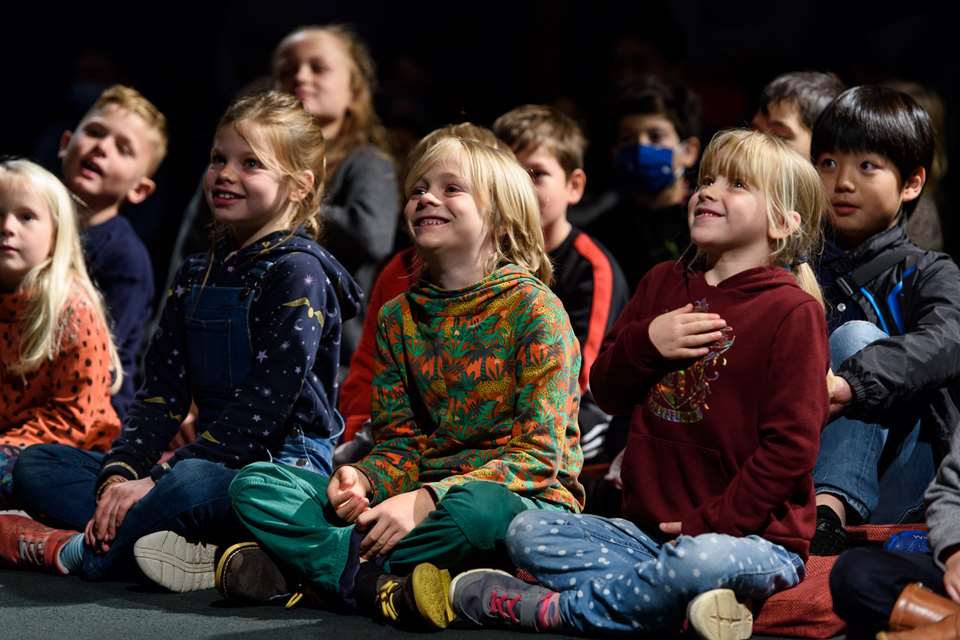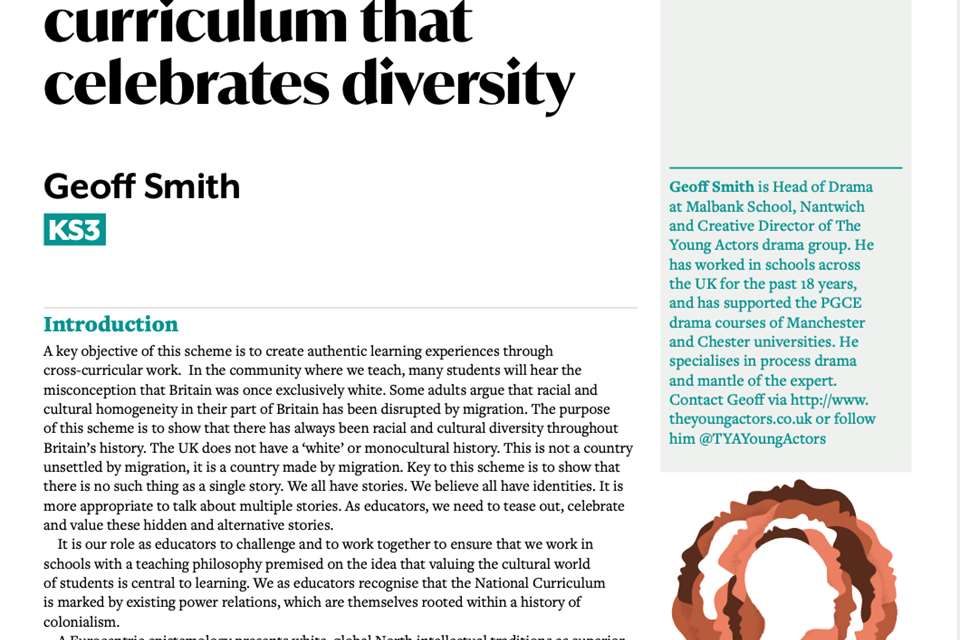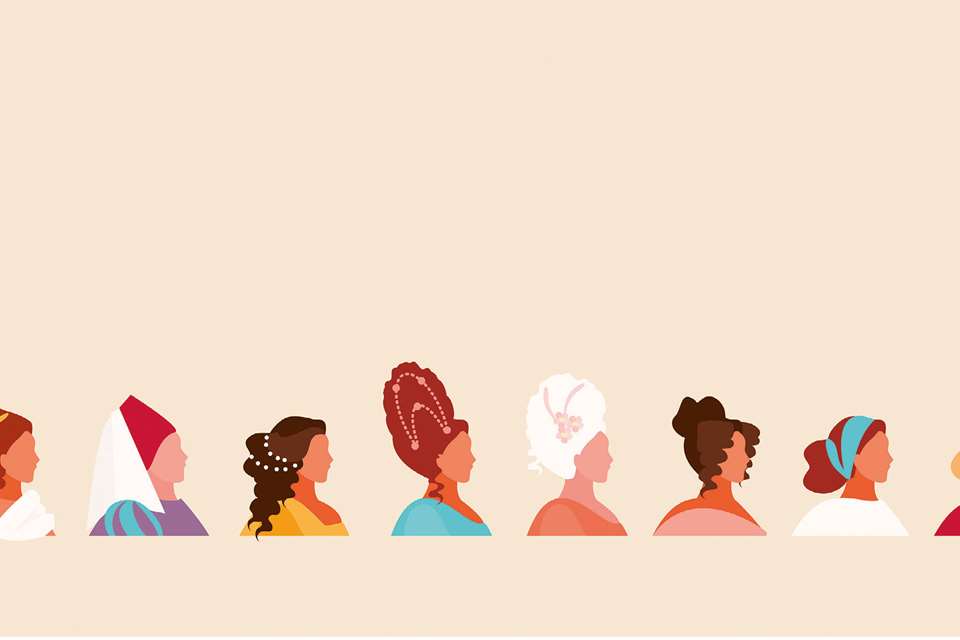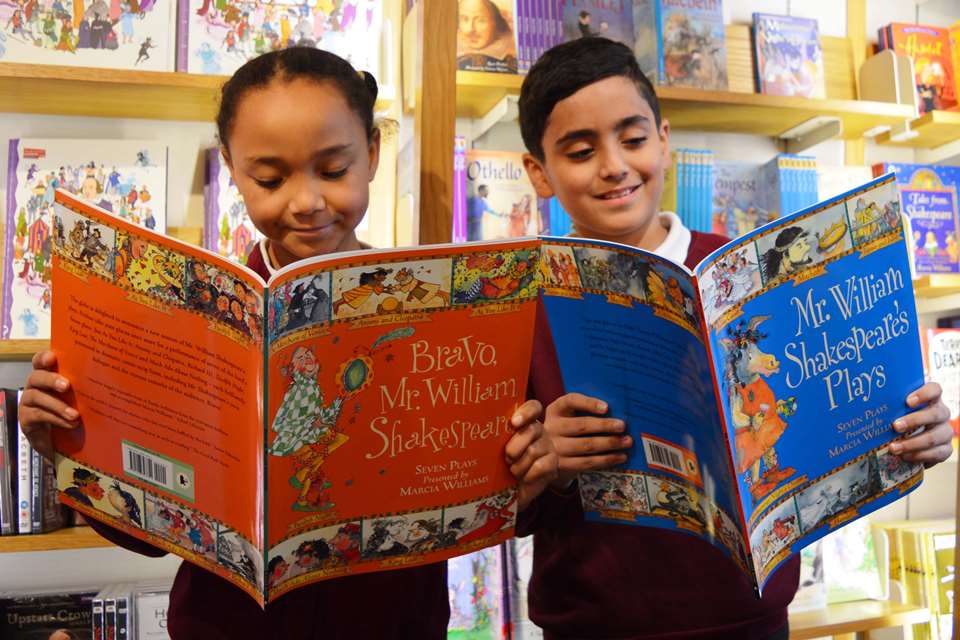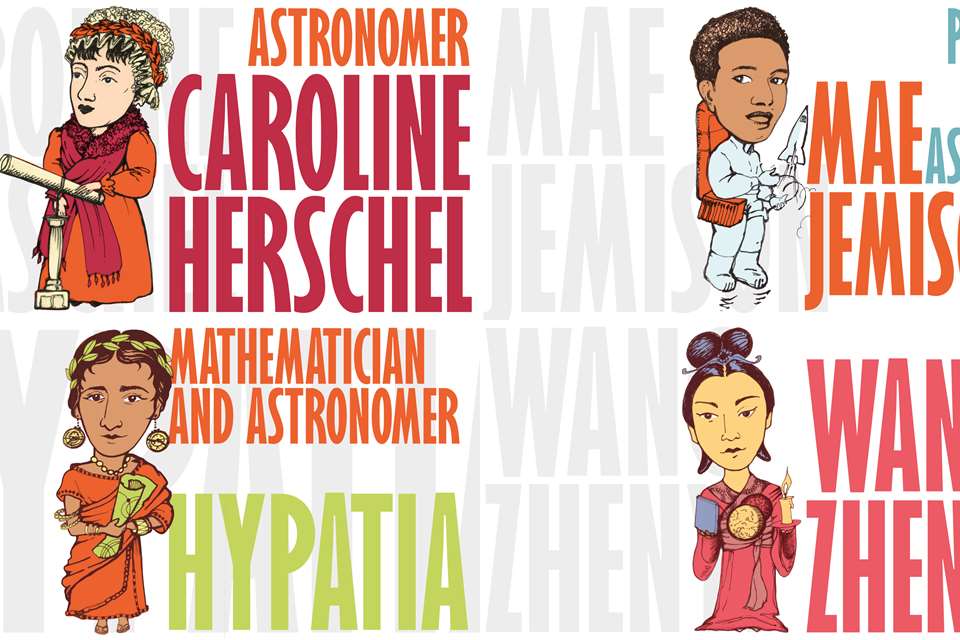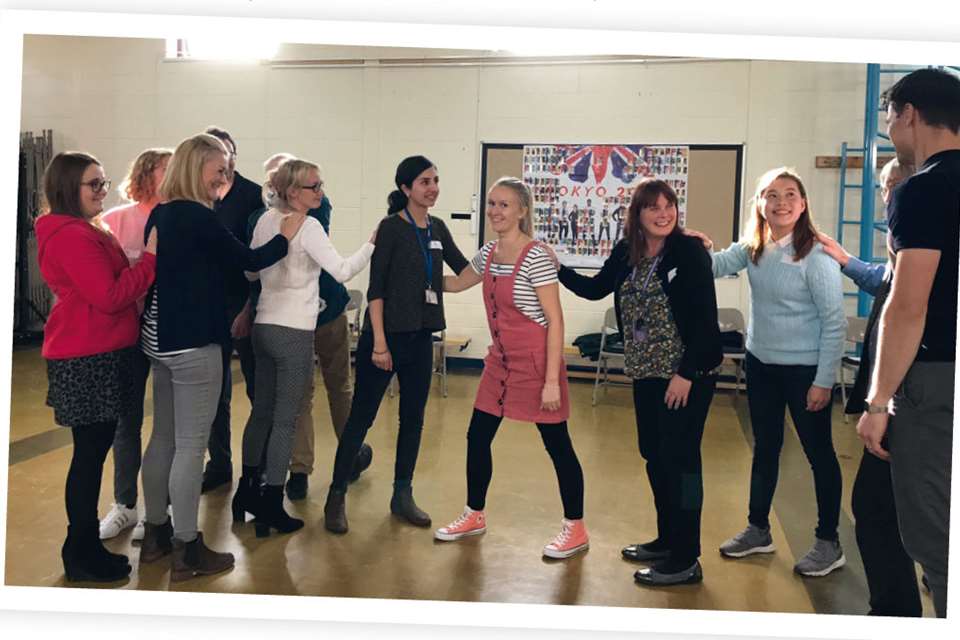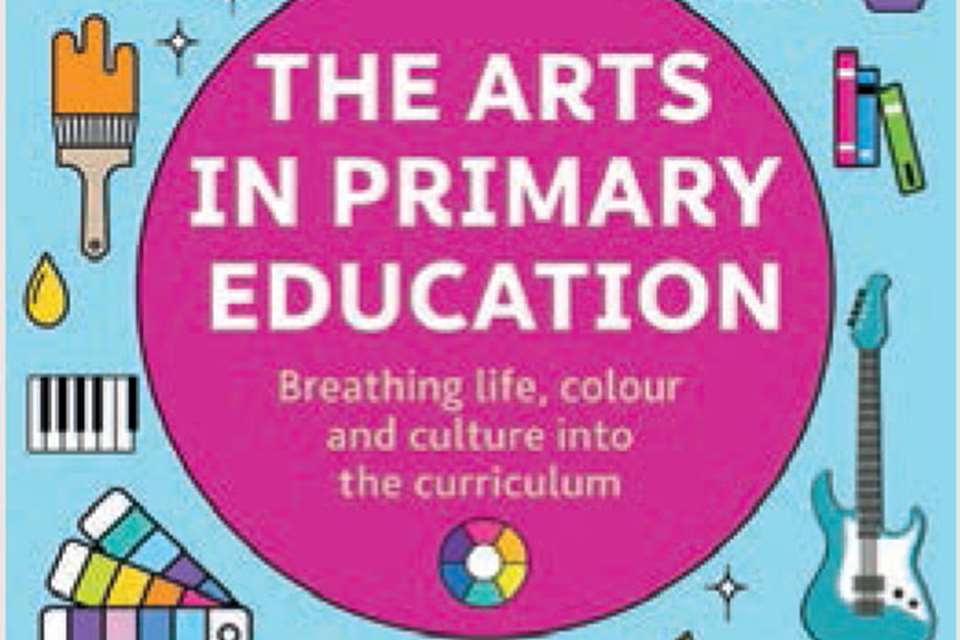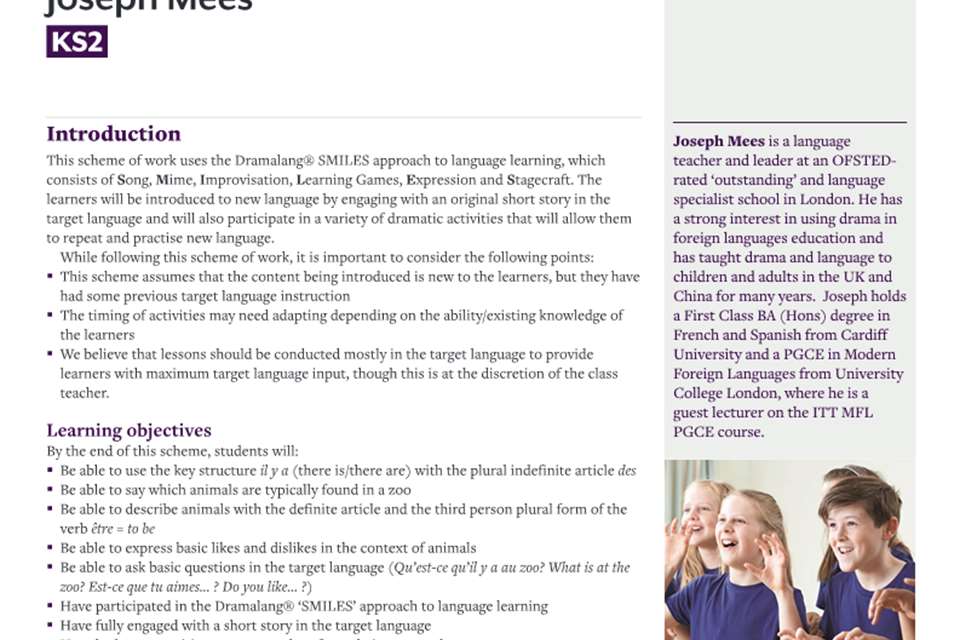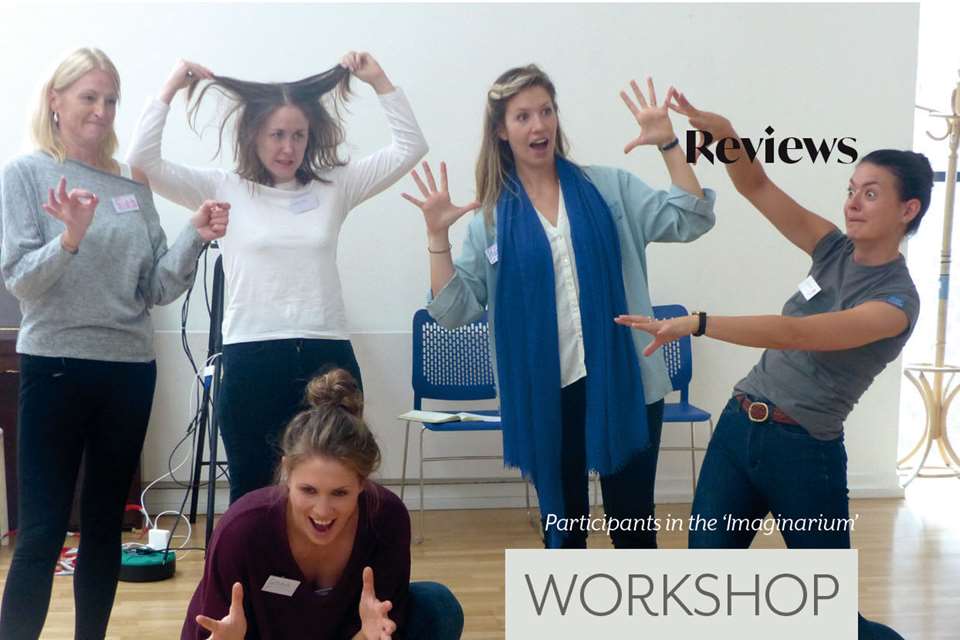Story making: Drama in primary with the Story Makers Company
Lisa Stephenson
Tuesday, March 1, 2022
How can we integrate drama into primary learning in a meaningful and impactful way? Founder of the Story Makers Company, Lisa Stephenson, unpacks how story making can be used as a form of critical learning with primary students.
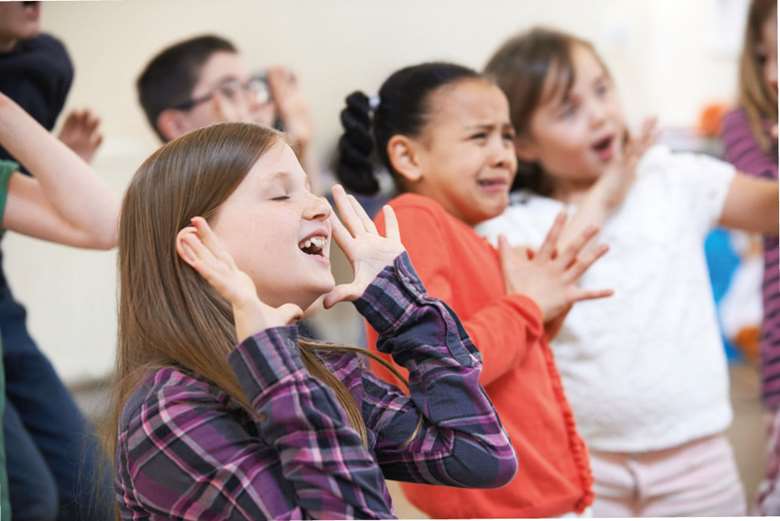
Adobe stock/ Highway Starz
There is no doubt that we are living in a time of unprecedented change with advancements in technology, religious, social and economic divides and escalating climate change. Children face uncertainty and anxiety about their future. While the world is changing, the current model of education in England has barely changed in the last 200 years. Some might say that it is no longer equipping children to thrive in a modern world. However, I believe that we are missing a trick in not taking drama as a form of critical learning more seriously.
Drama is often seen as a soft or non-academic subject; however, my feeling is that it offers a valuable way to practise the knowledge, skills and dispositions which are critical in developing more positive futures together. I see this as an act of radical care as an educator. That's why my research into drama explores the ways that working together through story can contribute to a contemporary model of curriculum learning. I refer to my own use of drama pedagogy as ‘story making’, which brings together drama, free writing and visual art processes. Within these story worlds children are protected into emotional, social and cultural complexity through the fiction, but they are also addressing real life issues. This exposes them to diverse perspectives and viewpoints which may be different to their own.
Addressing social issues
When working through story, children are ‘called to action’ to address a social dilemma. This often does not have a right or wrong answer but multiple possibilities and viewpoints. It is, and should be, challenging work. The heart of this work is negotiation, in social situations which often do not have any straightforward answers. This is not the sort of learning that comes from textbooks, it involves activating their personal, social and cultural reference points.
What is of critical importance is that children sit with that uncertainty within fictional worlds, where struggle is normalised, and work together to imagine possible ways to move through that struggle. To ask what is possible together, rather than what is right. In this sense, it is an ethical way of working. The social imagination becomes a force to move through struggle and imagine possible futures that might seem impossible at the time. The imagination becomes a social and cultural muscle when used in this way. Story becomes a way to express emotions through purposeful actions. This mindset has never been as important for our children.
Enabling wellbeing
I founded the Story Makers Company in 2017 at Leeds Beckett University, to champion the work of drama and theatre practitioners, teachers and researchers. We research with children to explore their own perceptions of this learning and amplify the experiences of diverse children. After my own research with children, one said: ‘I have learned what it feels like now when I am happy, sad, angry, depressed. I learned how to design my feelings too.’ Another student said, ‘I feel like I am part of something.’
This research in school highlights the ways that drama can enable a sense of positive wellbeing, and agency with children, allowing them to see themselves as active citizens. This research has also resulted in a set of eight wellbeing dispositions which highlighted the learning potential of drama. Yet, conversely within school contexts, children often expressed a view that the opportunities for imaginative freedom are limited. One child said: ‘I worry about using my imagination in school in case I get it wrong, but in drama it's different because you can express how you actually feel. There's no right and wrong.’
Current projects
During the first wave of the pandemic we created a series of immersive online story experiences to connect children with eight artists and cultural organisations. Using drama and story techniques they moved playfully through these virtual reality spaces, creating collective stories through movement, sound, art, storytelling and acting as they imagined a future world. What is interesting is that they were able to connect and create in new ways at a time of difficulty. These story experiences became a wellbeing curriculum across London schools, and since then we have created a number of other immersive story experiences for schools and cultural organisations. We have called these Story Weaves. Presently, Story Makers is leading research and practice into the links between drama, oracy and wellbeing with artists and teachers across eight Primary schools in Bradford. This involves schools rethinking curriculum through story. Our international work, Arted, involves working across six partner countries to embed creative arts practices across educational contexts.
If the purpose of education is to equip children to make positive democratic futures together, then I believe a curriculum through story making has a valuable role in learning. Story making as a research practice can also give us, as educators, important insights into children's concerns and perspectives. Now is the time to share the ways that our professional practices can respond to these concerns.
Contact details
Twitter:@storymakersCo


